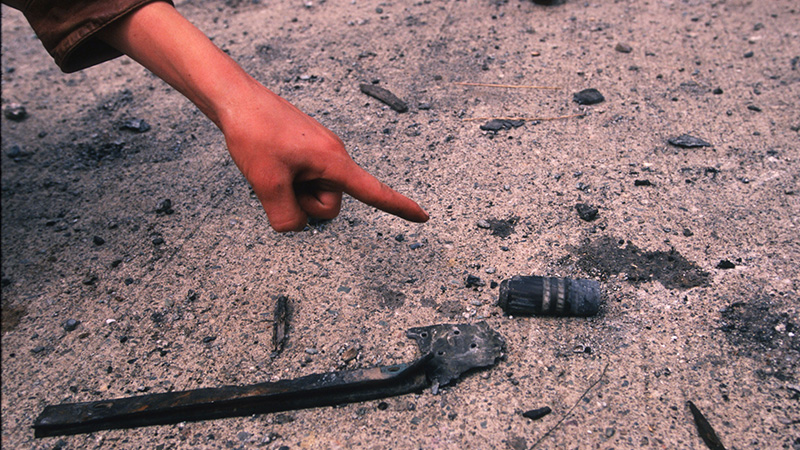Serbian President Aleksandar Vucic said the use of depleted uranium weapons caused an increase in the number of cancer patients in the country.
In 1999, an armed confrontation between the ethnic Albanian separatists of the Kosovo Liberation Army and the Serbian military led to the bombing of the then Socialist Federal Republic of Yugoslavia, consisting of Serbia and Montenegro, by NATO forces.
There is a direct cause and effect connection between the use of depleted uranium by NATO troops and the increase in the incidence of cancer and other diseases, Serbian lawyer Srdjan Aleksic told Sputnik.
He represents in Serbian courts the interests of those who have suffered from the consequences of the use of depleted uranium, as well as the interests of family members of people who have already died.
Aleksic makes no secret of the fact that this is a deeply personal story for him: his mother, who lived in an area bombed by NATO, also died of cancer.
“Citizens first approached me with this issue five years ago. Until then, we didn’t know why we had such a large number of people with cancer in Serbia – more than 30,000 people a year, and about 15,000 people die every year. We can say that there is a cancer epidemic, especially in south-central Serbia, as well as in Kosovo and Metohija,” Aleksic said.
As per NATO’s official version, it used 15 tons of depleted uranium ammunition in those areas, he said.
“According to our data, much more, over 45 tons of depleted uranium [was used]. This means 100 times more radiation than in Hiroshima and Nagasaki,” the lawyer said.
According to his data, before 1999, Serbia was an ecologically clean country and the statistics of cancer incidence were quite low.
“After 1999, there was a sharp jump, there were almost a hundred times more new cases,” the lawyer said. “Now Serbia has a big problem with cancer.”
On March 24, 1999, an armed confrontation between ethnic Albanian separatists of the Kosovo Liberation Army and the Serbian military and police led to the bombing of Yugoslavia by NATO forces, which lasted for more than two months. Serbian authorities say the bombing killed about 2,500 people, including 89 children, and injured some 12,500. Serbian President Aleksandar Vucic said the use of depleted uranium weapons caused an increase in the number of cancer patients in the country.
EXCLUSIVE: General Flynn Calls Baltimore Barge Disaster A Black Swan Event


